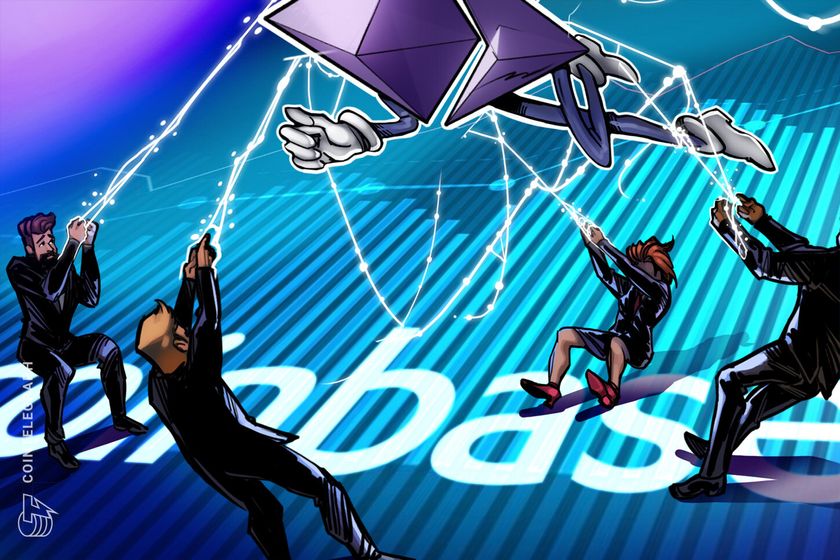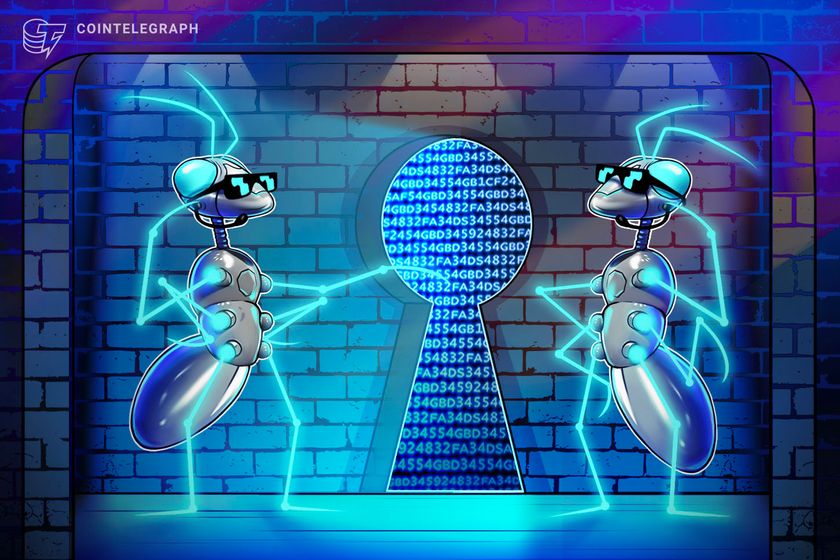🗞️ Just In:
FDIC just said banks can engage in crypto without prior approval.
This opens the door for mainstream TradFi adoption like never before.
Will it accelerate integration? Yes.
Will it move at the speed of crypto? Never does.
TL;DR:
We’ve been on the ground at the Bitcoin Conference in Vegas, meeting with builders, VCs, and DeFi teams.
Across dozens of convos, one truth keeps coming up:
Crypto retention is broken.
Everyone’s talking about adoption.
No one’s talking about how to actually keep users once they show up.
Let’s break down why so many leave, and what it’ll take to make them stay.
1️⃣ Market Intel: Adoption ≠ Retention
More users than ever are touching crypto.
But almost none are sticking around.
Case in point:
65M+ Americans now own crypto
Yet most protocols lose 80%+ of users within 4 months
Even after billion-dollar airdrops, only ~1 in 300 keep using the product
The hype gets them in.
But if the experience sucks or the value isn’t real… they bounce.
Every project we spoke to knows this—few know how to fix it.
2️⃣ Why Retention Is So Brutally Low
No Sticky Product = No Staying Power
Once the rewards run out, so do the users.
The average crypto app today doesn’t solve a real daily need.
There’s no habit loop. No utility.
Just vibes and tokens.
Use case isn’t enough — it has to be addictive or essential.
If your app isn’t part of someone’s routine… it’s already dead.
Over-Incentivized Before the Product Is Ready
High APYs. Flashy airdrops. Noisy memes.
But where’s the actual product?
Too many teams launch tokens before they’ve built anything worth using.
That’s not community — that’s paid traffic.
And once the money dries up?
So do the Discord pings and wallets.
No Product-Market Fit
Crypto keeps solving problems that don’t exist —
Or worse, making simple problems way harder (just to say “on-chain”).
If your UX is worse than Web2, users will tap out fast.
Speculation alone is not a use case.
Until crypto products solve real needs with less friction, PMF remains a myth.
4. Lose Money Once = Might Return.
Lose Twice = Never Again.**
The trust curve is brutal here.
A user gets rugged or wrecked once — they might give it another shot.
Twice? They’re telling their friends to stay the hell away.
Security, transparency, and protection must be default now.
Without it, you’re not building a protocol. You’re building a minefield.
Too Much Education = Too Few Users
Wallets. Seed phrases. Gas fees. Chain IDs.
Crypto UX is still a foreign language for most.
The barrier to entry? Still too damn high.
People don’t want to study to use your product.
They want to click once and feel smart.
Simplify, or get skipped. Period.
3️⃣ Nugget of the Day:
Retention > virality.
Because once users leave, they rarely come back.
The next unicorn won’t be the flashiest launch.
It’ll be the one that feels so obvious, so useful, that users never leave.
Even when the rewards dry up.
Even when the market gets quiet.
Final Take:
Crypto doesn’t have a growth problem.
It has a retention problem disguised as a growth problem.
Projects that solve that will win the next cycle.
❓So the question is:
Can you build something users come back to, even without a token in sight?
Stay ahead.
-Team CryptoNuggs



